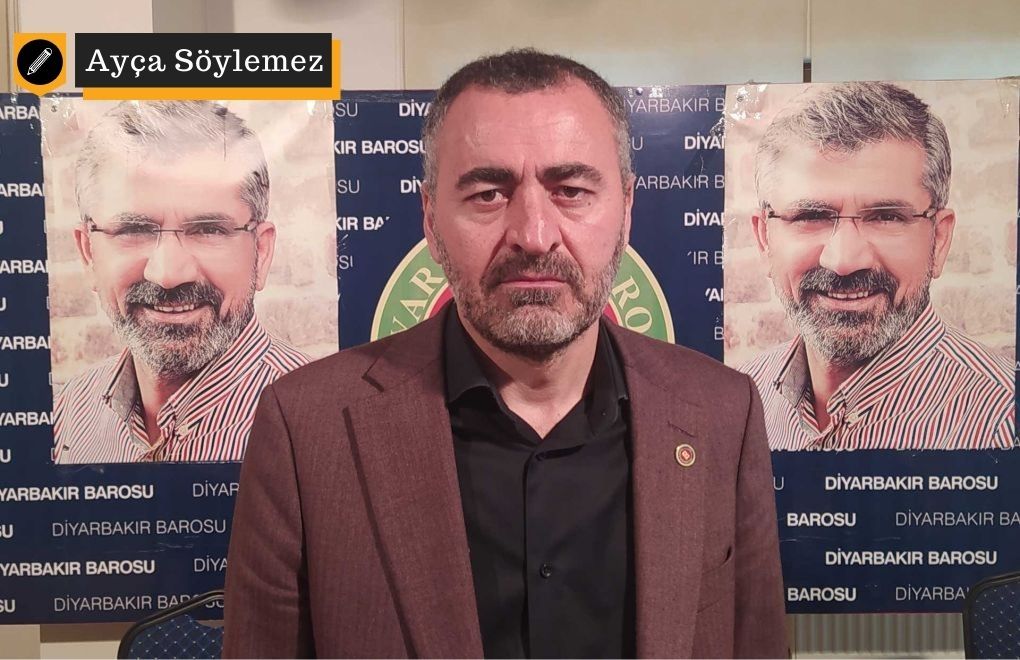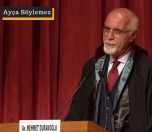Click to read the article in Turkish
"We are aware that what is essential here is to handle the system as a whole in a comprehensive manner. For this reason, we are currently addressing the stages of investigation, prosecution and execution one by one and working on a comprehensive reform in criminal justice. We have established a Science Board to evaluate the changes made so far, to identify additional changes to be made and to present them to Parliament."
Delivering a speech in the 2020 Budget Talks of the Ministry of Justice, Justice Minister Abdulhamit Gül once again talked about judicial reform, announcing that a science board, a concept that we are now familiar with due to the pandemic, would start working for judicial reform.
Minister Gül began his speech by indicating that there was a problem in the system, but, in the meantime, he signalled that the reform in question was once again reduced to the judicial processes.
It was last year when the government prepared the Judicial Reform Strategy Document about this issue and the legal amendments foreseen in the reform packages have been passed into laws by the Parliament. But, these packages have not made much change in the system, either.
Within this context, we have spoken with Diyarbakır Bar Association Chair Cihan Aydın about the statement of the Justice Minister, what a possible judicial reform must cover and what needs to change.
Like İstanbul Bar Association Chair Mehmet Durakoğlu and Ankara Bar Association Chair Erinç Sağkan, Aydın has noted that the first thing to do is to change the structure of the Board of Judges and Prosecutors (HSK).
Diyarbakır Bar Association Chair Cihan Aydın has shared his views on a possible judicial reform briefly in following words:
'Malpractices going beyond legislation'
"We have been saying this for a really long time; there are problems with Turkey's laws and legislation, but - at a level going beyond legislation - there are malpractices committed by the law enforcement, namely by judges and prosecutors and by the security forces, which exceed the legislation.
"This issue cannot be solved solely with legal reforms or legal amendments. There is primarily a need for a reform for the ones who enforce the laws.
"Before the legislation, there is a problem with how judges and prosecutors interpret the legislation. They first need to take measures about the ones enforcing the laws and to train them. As long as it is not done, I do not think that a progress can be made solely on the level of legislation.
"Starting from the Board of Judges and Prosecutors (HSK), measures must be taken about the judges and prosecutors who hand down judgements against the law and defy the verdicts given by the European Court of Human Rights (ECtHR) and the Constitutional Court. As long as these are not done, no progress can be made solely with legal amendments."
'We said it several times, they laughed it off'
Cihan Aydın has also commented on the remarks of Justice Minister Gül, who said, "With the presumption of innocence, the right against self-incrimination and right to a fair trial, we are determined to esteem the law, which the militants disguised as judges attempted to trample upon."
Aydın has said, "Such statements were made in previous periods as well... In that period, we drew attention to the organization of Gülenists within the judiciary, we talked about this several times, they laughed it off. Then, they said they had been deceived. The same path is followed here.
"After the coup attempt [in 2016], when Minister Gül is in office, nearly 15 thousand judges and prosecutors have begun duty. We also said back then that these positions were not assigned based on meritocracy, but with other motivations. What we said has once again turned out to be true.
"The Minister must announce to the public what he meant by these words. An investigation must be launched against those members of the judiciary that he called 'militant'; otherwise, there will be no point in reform." (AS/SD)















